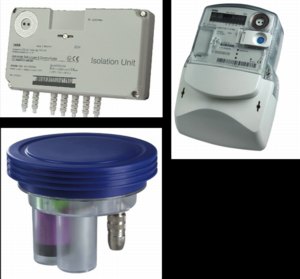Eliminating estimated utility bills



Distech Controls celebrates Atrius industry awards success
Distech Controls has announced that Atrius, also part of Acuity Brands' Intelligent Spaces Group (ISG), has won two awards from leading sustainability media companies Environment + Energy (E+E) Leader and ESG Investing. This is the second year running that Atrius has won the E+E Leader award.
‘Red tape scrapping is welcome – but more policy changes are needed’
The CEO of heat pump manufacturer Aira UK has said the government’s new proposals to scrap planning red tape for the installation of heat pumps in the UK will be a big breakthrough for the industry and consumers – but more policy changes are needed.